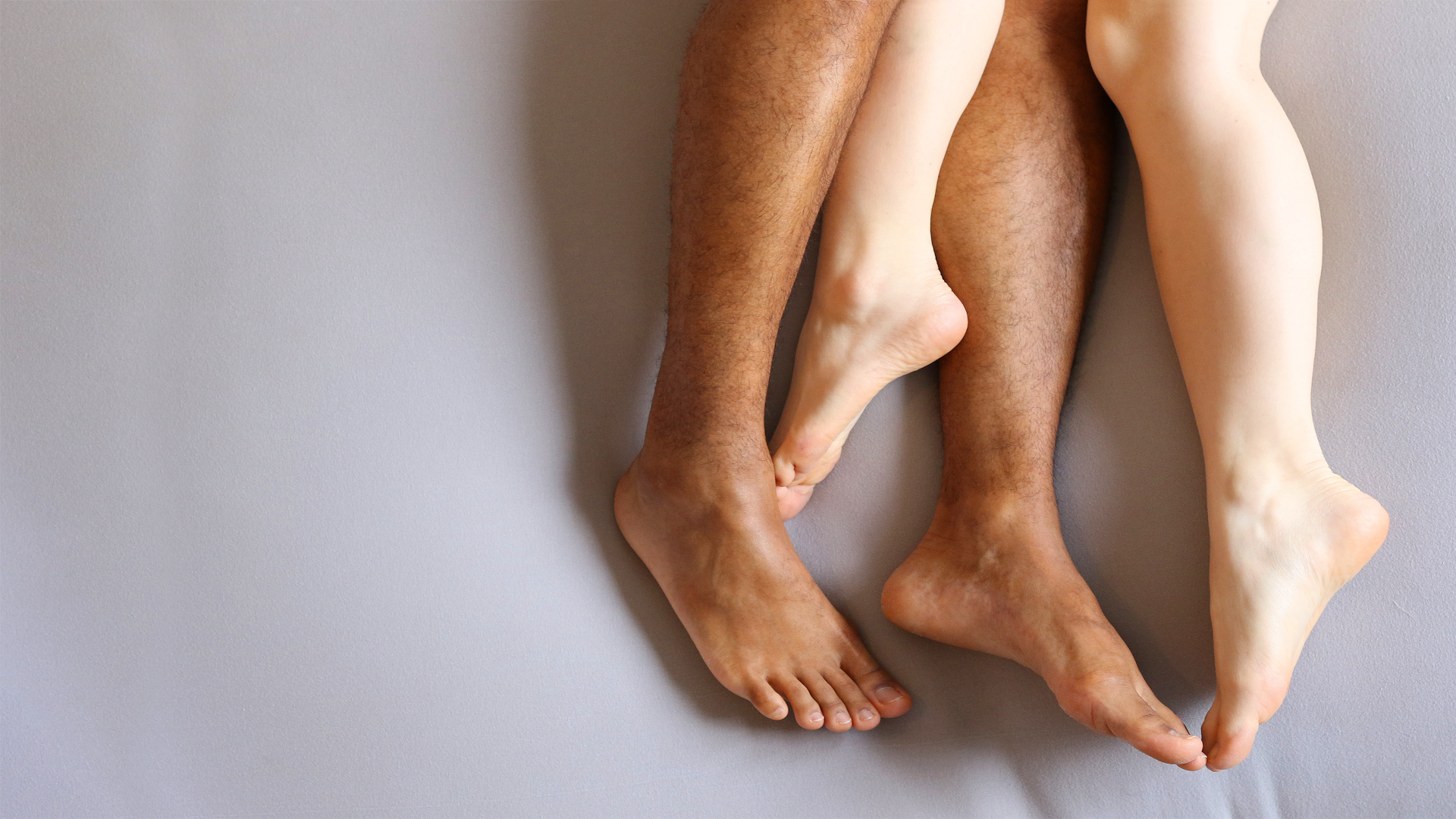Grab your cheat sheet |
Many myths are flying about when it comes to vasectomies, so it’s a good idea to check out the pros and cons before you decide to get one.
Will it affect your sex life and sexual function?
Will it cause erectile dysfunction, and what are the associated health risks?
One question that regularly does the rounds is, will vasectomy affect testosterone levels?
It seems plausible enough, but how much truth is there in the rumor and if so, what can be done to raise the hormone so your body has healthy testosterone levels again?
What is a vasectomy?
A vasectomy is a procedure that prevents sperm from leaving the testicles. It’s performed by doctors under local anesthesia and is something that a man will undergo when he no longer wishes to conceive children. It’s a simple procedure and an effective method of birth control.
Does a vasectomy reduce testosterone levels?
A vasectomy won’t affect testosterone levels, and it won’t affect libido. Any reduction in the hormone is likely to come from an unrelated issue, such as natural aging or lack of energy due to increased stress levels.
Several factors could be reducing the t levels in your system.
What does reduce testosterone levels?
Many factors can contribute to your testosterone levels decreasing; some are natural progressions of aging, and others are due to your lifestyle.
Getting older
Aging comes with plenty of side effects, but as far as testosterone is concerned, it starts to decline in males from the age of 30 at around 1% per year. Your hormonal peak is likely around age 30 before they begin to fall slowly, before taking a more significant dive aged 40 and an even bigger one as you hit your fifties.
It’s estimated that around 20% of men over 60 have low testosterone levels, and studies have shown that the drop in t tends to be higher in men who aren’t in great health.
Your weight
If you are overweight, your t levels are likely lower than they should be, partly due to a hormone in fat cells called leptin which inhibits t production. Being overweight may also cause you to exercise less and feel tired, inhibiting hormone production. With some confidence, your weight is a major contributing factor in low t production.
Not getting enough sleep.
If you get a decent night’s sleep and go to bed at a reasonable hour, you can expect your testosterone level to peak between 3 a.m. and 8 a.m. If your sleep is disrupted or you are having regular bouts of insomnia, your t levels will decline.
If you can get at least 7 hours of sleep each night, your levels should not be affected, but less than that, and you could see a reduction of around 10 to 15%.
Underlying health conditions
Testosterone levels can be high due to severe health conditions such as HIV, tuberculosis and health issues with the testes. Autoimmune problems such as lupus and arthritis are also linked to low t levels. If you are on certain medications or going through radiation therapy, it can also cause testosterone deficiency, and certain drugs and medicines can also have an effect.
How to increase testosterone levels
There are a number of reasons why your testosterone levels may be low, but all is not lost. There is hope, and the best way forward is the natural way. In other words, you need to look after your body like never before.
Your diet
A healthy diet can help keep your testosterone levels in balance. If you eat a balanced diet with no saturated fats or processed sugars, you can keep your calories in tune and raise your t levels and avoid levels going too high.
It will also reduce the chance of blood sugar spikes. If you are obese, you can expect to have a lower testosterone level in your system, but shedding the fat will raise your levels again. A healthy diet will include plenty of vegetables, fruits, and whole-grain carbohydrates, and it will also contain healthy fats and lean protein, such as chicken and fish.
Exercise
As discussed in the diet section, keeping on top of your weight is crucial if you want to keep your t levels up. Diet and exercise go hand-in-hand regarding calorie reduction; keeping active is crucial to losing or maintaining a healthy weight. Strength training and cardio should be top of your list as they’ll help you replace excess fat with muscle and keep your heart healthy.
Get a better quality of sleep.
Sleep plays a pivotal role in your overall health, and a decent night’s sleep is essential to maintain a proper testosterone level. This is because most testosterone production tends to happen when we’re sleeping.
Keep stress levels low.
If your body is stressed out, it produces a hormone called cortisol to compensate, which will work against testosterone and reduce the amount in your system. Another effect of stress is the urge to compensate with comfort food, which will affect your calorie intake and weight.
Keep the alcohol intake low.
The higher your alcohol consumption, the lower your t levels, as it can inhibit the hypothalamus and pituitary glands, which act as triggers to produce testosterone. If you’re a regular drinker, your cortisol levels may increase, reducing your t levels. Alcohol also contains plenty of calories which may cause weight gain and is likely to disrupt your sleep.
It’s not unusual to hear males complaining that their vasectomy has lowered their testosterone levels, but this is a case of mistaken identity. The low levels are likely to be caused by one or a number of other factors, with age being top of the list. No one can stop the aging clock, but there are things you can do to turn the tide. Exercise, getting plenty of sleep, and a healthy diet are the three priority items to action if you want to raise your testosterone levels.
TestoPrime is an all-natural testosterone support that can help any man take control of his youthful vitality with a flood of new and natural testosterone.





